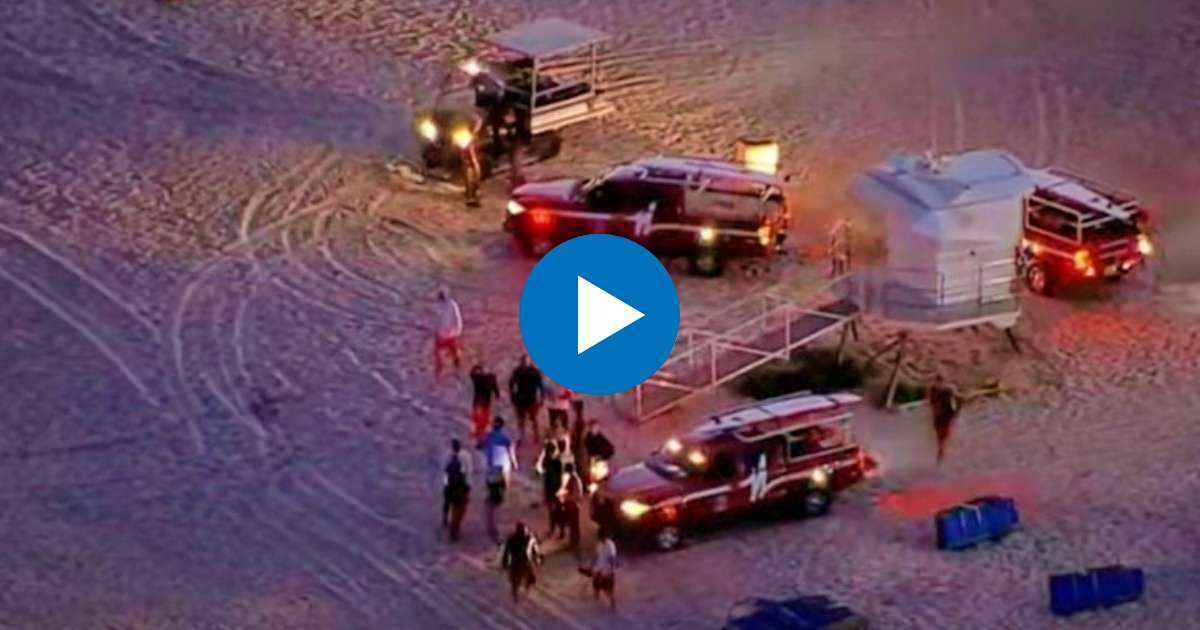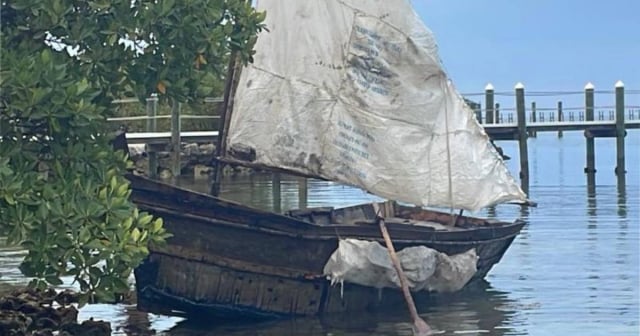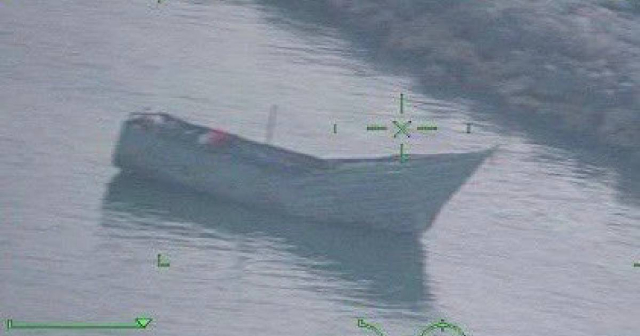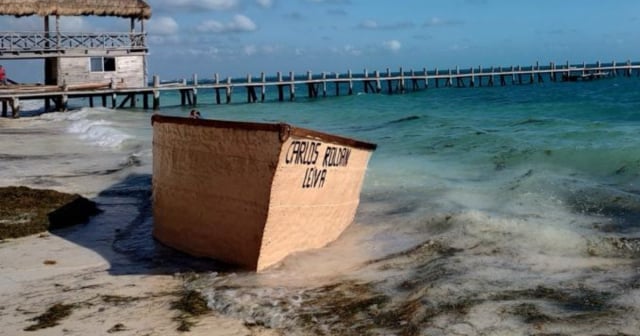
A group of at least 25 Cuban rafters disembarked in the afternoon-night hours of this Tuesday on a beach in Fort Lauderdale, in Broward County, South Florida. Some managed to escape from the authorities after making landfall.
Although the rafters were about 25 according to preliminary information from the Fort Lauderdale police, source cited by Telemundo 51, the television channel WSVN 7 News estimated that they were between 25 and 50 migrants who made landfall in the zone.
Although the arrival of migrants on a boat generated a massive police response on the beach, along the 700 block of Seabreeze Boulevard, some migrants were detained and others managed to escape.
“They grabbed three and the others escaped, right here in the hotel”said a witness in statements to Telemundo 51.
The detainees were treated by the Fort Lauderdale Fire Department and then placed at the disposal of the Border Patrol. Diving teams also arrived at the scene.
So far it has not been revealed from which point on the island the rafters left, nor is it known how many days they were on the journey. The boat in which they arrived remains on the coast.
Walter N. Slosar, head of the Miami sector of the US Border Patrol (USBP), has not yet officially reported the arrival of this group of Cubans.
The USBP official did refer to the visit that that agency received from the senator Marco Rubio and employees of the congressman's office Carlos Gimenez, who flew to Key West to verify the work of the Coast Guard in the current context.
The message from the authorities to Cubans continues to be that they should not jump into the sea because in addition to being a dangerous journey, now there is also much more surveillance in the Straits of Florida.
Kevin Guthrie, director of the Florida Division of Emergency Management, is coordinating a new mission since Governor Ron DeSantis activated the National Guard last Friday to respond to the immigration crisis.
Guthrie reiterated to the local press that there are highway patrol officers to respond to possible migrant arrivals. There are also helicopters flying over the area from midnight to six in the morning to detect boats.
The authorities' current effort also includes cleaning up abandoned boats that threaten marine life. and cost taxpayers tens of thousands of dollars.
“It is estimated that there were more than 300 rustic boats that are out there with oil and hydraulic fluid leaks”Guthrie said. “We're going to go in there and clean that stuff up,” he added.
In addition to the Cubans who arrived in Fort Lauderdale, another group of 19 Cuban rafters disembarked this Tuesday morning at Key Colony Beach, in Monroe County, South Florida. In that case, the migrants indicated that they had left Matanzas on January 8.
In the midst of the crisis of hundreds of migrants detained in South Florida, the US Coast Guard (USCG) repatriated 187 rafters to Cuba on Monday that had been captured in 13 operations between January 1 and 4 off the coast of Florida.
Only from last October to date, at least 4,915 Cubans have been intercepted at sea.
Last Friday the governor Ron DeSantis activated the National Guard to confront the growing flow of Cuban and Haitian immigrants to the south of the state and criticized the immigration policy of Joe Biden, who announced on January 5 that will prevent the illegal entry of Cubans, Nicaraguans and Haitians to the United States.
The US government enabled a parole program, which expands the one already approved for Venezuelans last October, so that 30 thousand immigrants of those nationalities can request legal entry into the country, which will allow them to work and remain in the United States for two years.
What do you think?
COMMENTFiled in:






